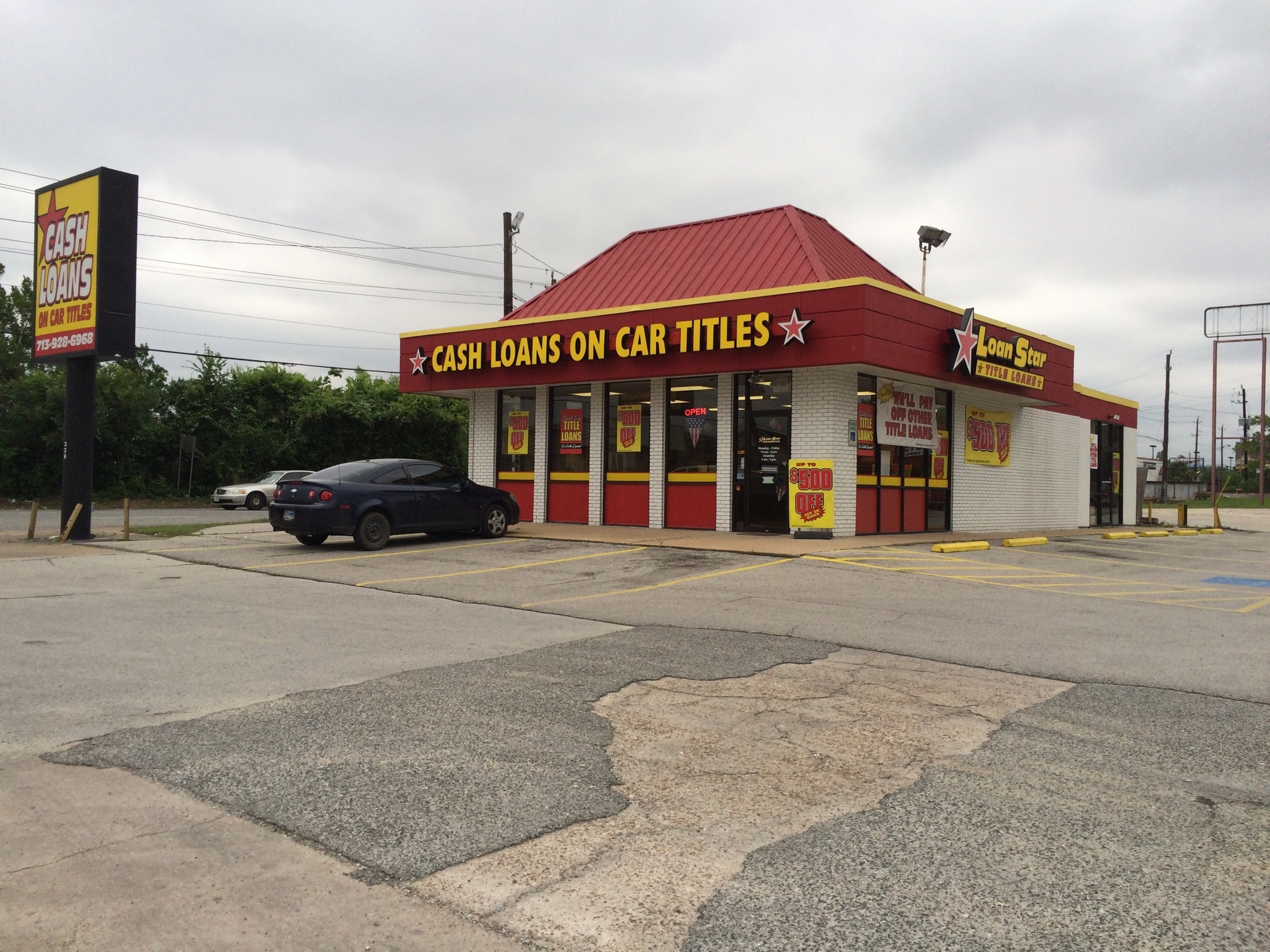

Otherwise, PPP loans carry a 1% interest rate.


Those loans are forgivable if companies comply with a handful of conditions, including that they keep employees on the payroll for a couple months after receiving the loans. “Why should taxpayers…subsidize these businesses that are lending at exorbitant prices, and that so often undermine the financial well-being of families?” said Baddour.įifteen companies that operate in Texas selling small, short-term loans with extremely high fees borrowed a combined $20 million under the PPP last year. The Small Business Administration originally excluded lenders in their list of businesses that were ineligible for the federal pandemic business loans - a list that included strip clubs and other adult entertainment companies, as well as lobbyists and companies with “pyramid sale distribution plans” - but those exclusions were immediately challenged in court. It was adopted to help families and small businesses weather this incredible financial crisis,” Baddour said. “The CARES Act was not adopted to subsidize predatory lending businesses. They often trap their mostly low-income clientele in debt that can take months or years to pull out of. Payday and auto-title lenders have the opposite effect on borrowers, said Ann Baddour, director of Texas Appleseed’s Fair Financial Services Project. The programs, authorized by Congress last March as part of the CARES Act, were intended to help stabilize small businesses as the coronavirus sent the economy into a tailspin. According to a new report from the consumer watchdog group Texas Appleseed, companies that sell Texans short-term loans with huge fees borrowed more than $45 million in federal pandemic business loans through the Paycheck Protection Program (PPP) and the Main Street Lending Program.


 0 kommentar(er)
0 kommentar(er)
